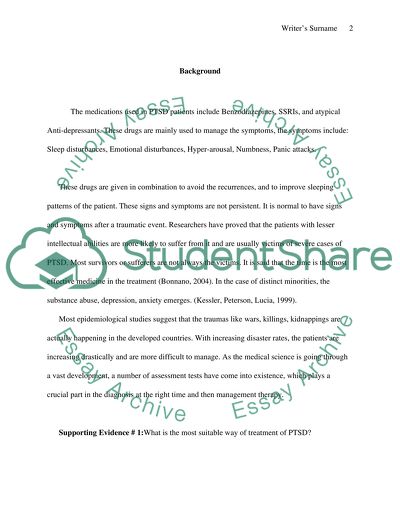Cite this document
(“PTSD Posttraumatic stress disorder Research Paper”, n.d.)
PTSD Posttraumatic stress disorder Research Paper. Retrieved from https://studentshare.org/english/1627751-ptsd-posttraumatic-stress-disorder
PTSD Posttraumatic stress disorder Research Paper. Retrieved from https://studentshare.org/english/1627751-ptsd-posttraumatic-stress-disorder
(PTSD Posttraumatic Stress Disorder Research Paper)
PTSD Posttraumatic Stress Disorder Research Paper. https://studentshare.org/english/1627751-ptsd-posttraumatic-stress-disorder.
PTSD Posttraumatic Stress Disorder Research Paper. https://studentshare.org/english/1627751-ptsd-posttraumatic-stress-disorder.
“PTSD Posttraumatic Stress Disorder Research Paper”, n.d. https://studentshare.org/english/1627751-ptsd-posttraumatic-stress-disorder.


